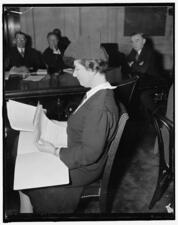Activism

Joey Soloway
Activist, director, and creator of groundbreaking and critically acclaimed series such as Transparent, I Love Dick, and others (and writer for series such as Six Feet Under and United States of Tara), Joey Soloway (previously known as Jill) is also a social activist, considered one of the strongest advocates for women, queer, and nonbinary identities in Hollywood. Soloway identifies as nonbinary, and Judaism, feminism, and modern Jewish culture are resonant themes in their work.
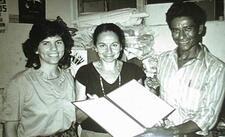
Judy Somberg
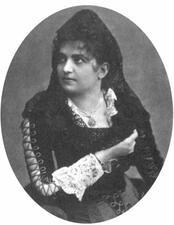
Rosa Sonneschein
Rosa Sonneschein created and edited the American Jewess, the first English-language magazine for Jewish women in the United States, where she advocated for the expansion of women’s roles in the synagogue and the Jewish community and expressed her strong support for Zionism.
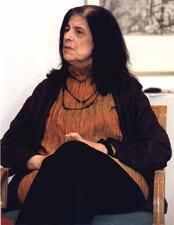
Susan Sontag
Susan Sontag was one of the most prominent American writers of the twentieth century. Her work across cultural criticism, fiction, drama, and film, as well as her public persona, made her an icon of the New York intelligentsia whose writing on photography, illness, and art continually inspire engagement and debate.

South Africa
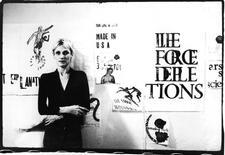
Nancy Spero
Nancy Spero was a figurative artist concerned with difference and the representation of the body. Rejecting postwar trends towards Pop art and abstract impressionism, Spero co-founded the AIR (Artists in Residence) Gallery in 1972, the first cooperative gallery of women artists. Spero also created a mosaic for the Lincoln Center subway station called “Artemis, Acrobats, Divas, and Dancers.”
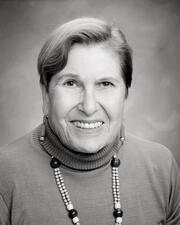
Marcia Cohn Spiegel
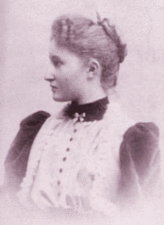
Flora Langerman Spiegelberg
Flora Langerman Spiegelberg made substantial innovative contributions to civic welfare and Jewish life. She was a nineteenth-century settler of New Mexico and a twentieth-century progressive reformer in New York City who fought for public sanitation regulations and better working conditions for garbage collectors.
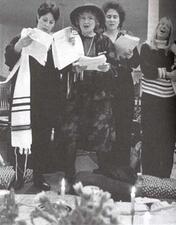
Spirituality in the United States
Jewish women’s spirituality developed historically within the confines of a patriarchal tradition. Over time, feminists have developed rituals and created spaces that honor the unique experiences of women.
Toba Spitzer
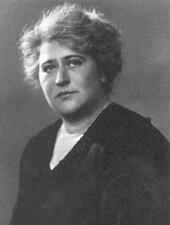
Constance Amberg Sporborg
Constance Amberg Sporborg was a career clubwoman who dedicated her life to the advancement of women’s rights, immigrant settlement, international organizations, and world peace. Working in New York City in the early twentieth century, Sporborg aided both Jews and gentiles.
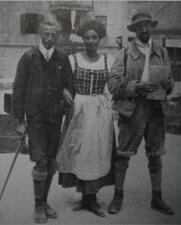
Sports in Austria 1918-1938
This article gives an overview of the participation of Jewish women in Austrian sport from the Habsburg monarchy to the present day. Drawing on selected biographies of sportswomen and functionaries, and with a regional focus on the capital city of Vienna, it explores the double relationship between female emancipation and Jewish self-assertion in an environment that had long been male-dominated and anti-Semitic.
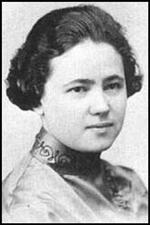
Mollie Steimer
Mollie Steimer earned nationwide attention for her refusal to compromise her anarchist beliefs during the widely publicized 1918 trial in which she was sentenced to prison under the Sedition Act. Later deported to Russia and then to Germany, Steimer continued her anarchist activities throughout her life.

Gertrude Stein
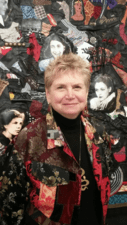
Linda Stein
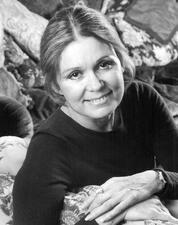
Gloria Steinem
Gloria Steinem was a leader of second-wave feminism and the co-founder of Ms. Magazine, the first feminist periodical with a national readership. As a journalist and spokesperson, she mobilized a generation of women to advance the cause of women’s liberation. Steinem has worked tirelessly all her life as an advocate for change.
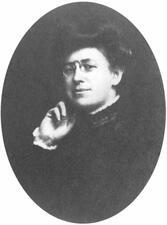
Pauline Perlmutter Steinem
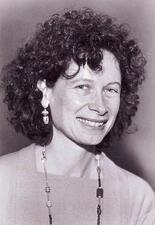
Catherine Steiner-Adair
Bessie Cleveland Stern
Bessie Cleveland Stern is most recognized for her work as statistician for the Maryland Board of Education. She collected and interpreted data about the Maryland school system from 1921 through 1948, and school officials turned to her for information to support appropriations measures and proposed changes in state laws relating to the schools.
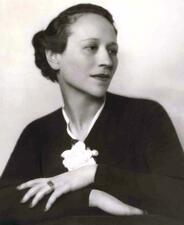
Edith Rosenwald Stern
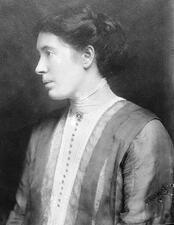
Rose Pastor Stokes
Debbie Stoller
Hannah Mayer Stone
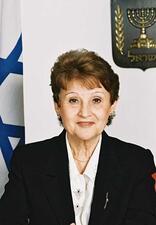
Tova Strasberg-Cohen
